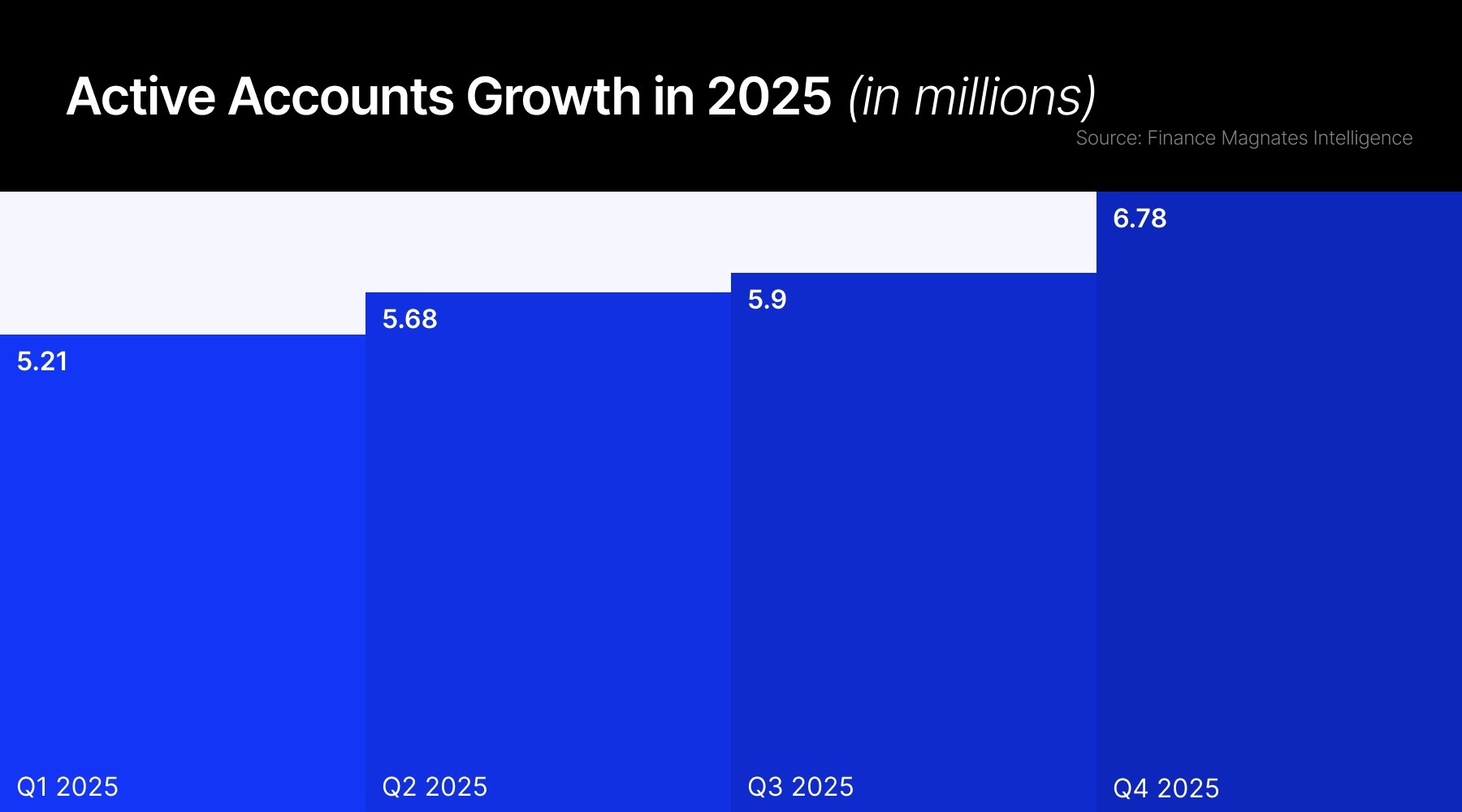India’s crackdown on tax evasion by cryptocurrency exchanges uncovered nearly $97 million in unpaid goods and services tax (GST). Among the companies named are major players Binance and WazirX.
The country’s Minister of State for Finance, Pankaj Chaudhary, revealed that investigations into 17 cryptocurrency firms have uncovered widespread tax non-compliance. According to the report by the Economic Times, of the $97 million in evaded taxes, approximately $14 million has been recovered through penalties, interest, and settlements.
A Broader Crackdown
WazirX, a well-known Indian exchange, accounted for $4.8 million of unpaid GST but has reportedly paid an additional 20% in penalties, bringing its total settlement to $5.8 million.
Other firms like CoinDCX and CoinSwitch Kuber were also implicated but promptly paid their dues. However, Binance, the world's largest crypto exchange, has yet to settle its colossal $85 million tax bill.
This tax evasion scandal is part of a larger push by India to regulate its booming crypto industry. In 2022, the government introduced stringent crypto tax rules, including a 30% flat tax on gains and a 1% tax deductible at source for every crypto transfer.
These measures aim to ensure better transparency and compliance but have drawn criticism for their harshness. Crypto investors also face significant hurdles under the new regime.
Losses in digital assets cannot be offset against gains, and gifts in cryptocurrency are taxable in the recipient's hands. The lack of clear implementation guidelines for non-exchange wallets has reportedly complicated the matters.
Potential of CBDCs
While tightening tax regulations, India is also exploring the potential of central bank digital currencies. The Reserve Bank of India plans to launch a digital rupee in the coming year, positioning it as a boost to the digital economy and an efficient alternative to traditional currency management.
The Indian government specified in its crypto tax law that the 30% levy will be available on the transfer of virtual assets from the financial year 2022-2023. According to Finance Minister Nirmala Sitaraman: “Any income from virtual digital assets is taxable at 30 percent.”
Additionally, the regulation does not provide tax deductions or exemptions for crypto income available to Indian taxpayers. And any gifts made in cryptocurrency are taxable.


















